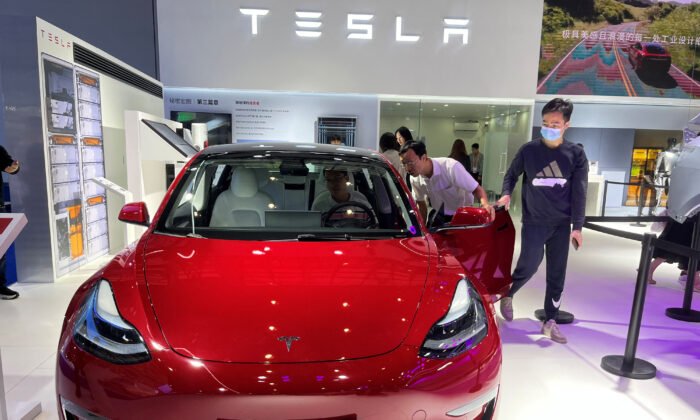The Thorny Issue of EV Supply Chain in EU–China Relations
China’s recent decision to restrict exports of graphite, a crucial material used in electric vehicle (EV) batteries, is creating tensions between China and the European Union (EU). This move by China will force European automakers to speed up their efforts to find alternative sources and materials for EV batteries. However, since the European EV sector currently relies on batteries from China, the EV supply chain has become a source of conflict between Beijing and the EU.
The EU has been increasingly concerned with China’s dominance in the EV market as it aims to transition to EVs by 2035. The EU has even initiated an investigation into Chinese state subsidies for electric vehicle manufacturers, expressing worries that these subsidies could undermine competitiveness and threaten the European manufacturing sector. The investigation could result in increased import duties on Chinese-made cars, as the EU already imposes a 10% tariff on imported cars from China.
China’s restrictions on graphite exports have made the EV supply chain a growing source of disagreement between China and the West. The EU has identified natural graphite as an essential raw material, and the United States also views it as a critical mineral. China currently dominates the global supply chains of graphite, being the largest producer and exporter of the mineral and refining more than 90% of the world’s graphite into anode material for EV batteries.
China’s focus on electric vehicle technology has led to significant investments in government subsidies and tax exemptions to support the industry. This has propelled Chinese companies to invest in mining, raw material refinement, and battery technologies. Due to China’s strong manufacturing base and efficient logistics infrastructure, Chinese EV companies have been able to rapidly scale up production. On the other hand, the EU has also advocated for a local EV battery industry but lacks scale and faces challenges in commercialization. Europe currently heavily depends on China for certain parts of the EV battery value chain, such as raw material refining.
As the world moves towards widespread adoption of EVs, the demand for graphite is expected to increase significantly. The EU’s reliance on batteries procured from China is likely to continue until alternative sourcing is established, which could take place around 2030. This dependence on Chinese batteries has fueled concerns about fairness in Chinese EV production-side subsidies and has the potential to trigger trade protectionist actions and retaliation by both the EU and China.
China’s recent export restrictions on graphite are seen as retaliatory measures against US technology restrictions, raising concerns that China may limit shipments of other commodities, including rare earth metals in which China also has dominance. European automakers, however, have been investing in research and development of solid-state batteries, which use a solid electrolyte instead of a liquid one, potentially eliminating the need for graphite and other materials currently controlled by China.
Source link




